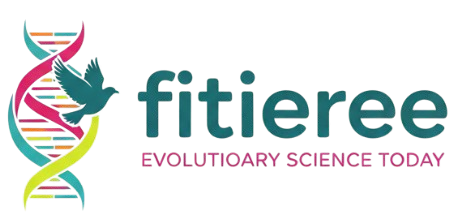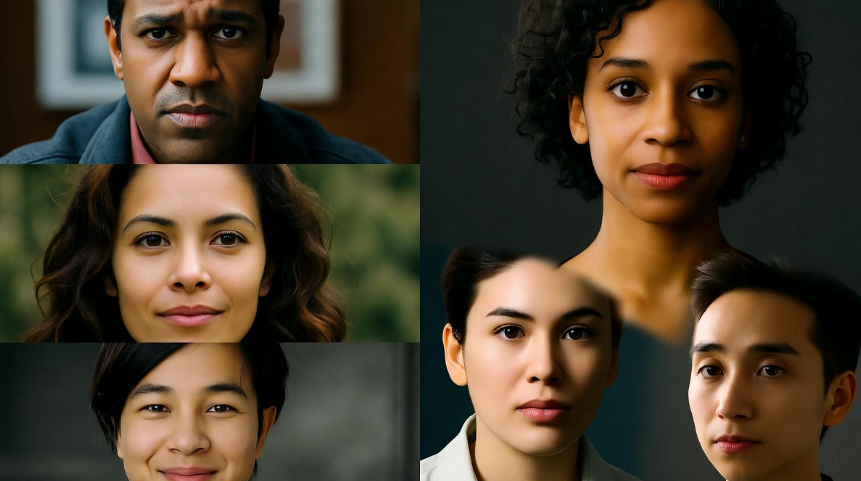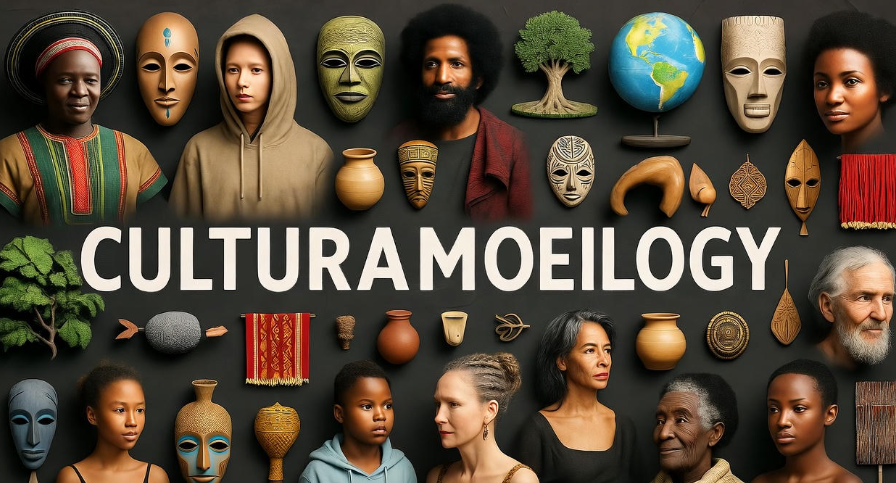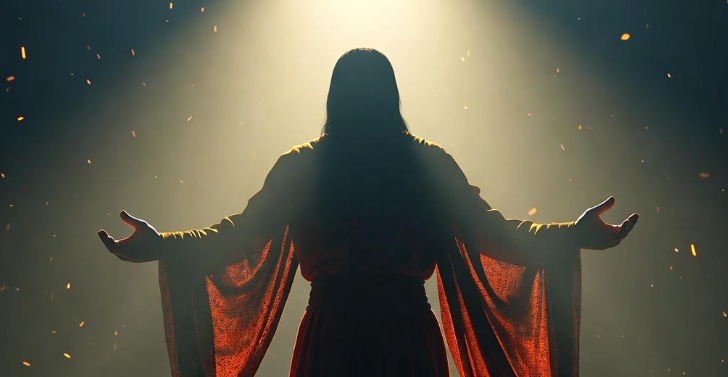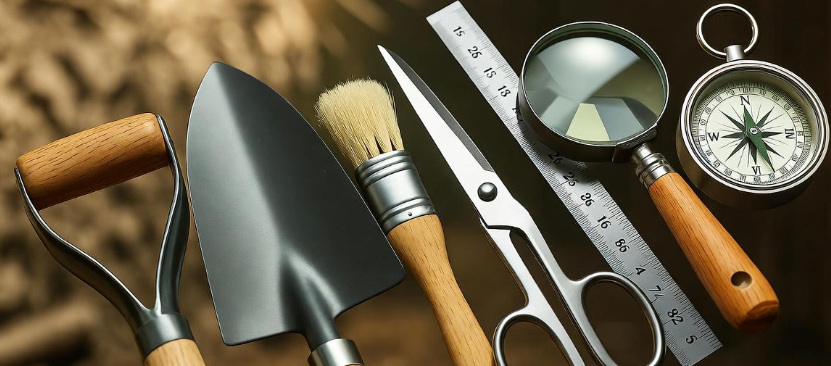Anthropology isn’t just about studying old bones or ancient tribes. It’s really about us — humans. Every culture, every ritual, every piece of art we create, tells something about who we are. And over the years, there have been some truly incredible anthropologists who shaped the way we see ourselves as a species.
They didn’t just sit in labs or read dusty books — they went out, lived with people, asked questions, and sometimes even risked their lives to understand what it means to be human 🌍.
Let’s meet 10 great anthropologists who changed the world and explore how their work still touches our lives today.
1. Franz Boas – The Father of Modern Anthropology
Franz Boas completely changed the way we look at human cultures. Before him, many people believed that some cultures were “superior” to others. But Boas said something revolutionary: every culture is unique and should be studied on its own terms.
He introduced the idea of cultural relativism, meaning no culture is better or worse—just different. Boas worked with Native American communities and carefully recorded their languages, stories, and art. His methods helped preserve traditions that were fading away.
Without Boas, anthropology might still be filled with bias instead of respect and curiosity ❤️.
| Key Idea | Description |
|---|---|
| Cultural Relativism | Every culture should be understood in its own context |
| Legacy | Father of American Anthropology |
2. Margaret Mead – The Voice of Understanding Youth and Gender
Margaret Mead’s work in Samoa and New Guinea made headlines. She studied how teenagers grow up in different cultures and discovered that social behavior isn’t only biological—it’s shaped by culture.
Her book Coming of Age in Samoa (1928) was groundbreaking. Mead showed that adolescence wasn’t stressful everywhere—it depends on how society raises its children.
She also challenged ideas about gender roles. Mead believed men and women could take on any role if culture allowed it. That’s a message still powerful today 💪.
3. Bronisław Malinowski – The Man Who Lived with Islanders
Malinowski didn’t just observe from a distance—he lived among the people of the Trobriand Islands for years! He started what we now call participant observation, where anthropologists live with the community they study.
He found that even small societies have complex systems of trade, relationships, and values. His famous work on the “Kula Ring” trade network showed how people exchange gifts not for money, but for social respect and friendship 🤝.
Malinowski basically taught us that to truly understand people, you have to live their life for a while.
4. Claude Lévi-Strauss – The Mind Behind Structuralism
Ever wondered why myths across different cultures sound similar? Lévi-Strauss did. He studied myths, kinship systems, and languages to find the hidden structures in human thinking.
He believed that all humans, no matter where they live, share deep mental patterns. For example, opposites like life/death, good/evil, or man/woman appear everywhere because our brains naturally organize ideas that way.
His approach linked anthropology with psychology, linguistics, and philosophy 🧠.
5. Ruth Benedict – The Cultural Patterns Explorer
A student of Franz Boas, Ruth Benedict continued his legacy with her famous book Patterns of Culture. She believed each culture creates its own “personality,” a unique pattern of behavior and thought.
She compared three very different societies — the Zuni, the Kwakiutl, and the Dobu — showing how each had its own way of defining normality.
Her work made us realize that there’s no single right way to live — every society has its own beauty and logic 🌸.
6. Jane Goodall – The Woman Who Redefined Humanity
Jane Goodall isn’t just an anthropologist—she’s a legend. When she began studying chimpanzees in Tanzania, people thought only humans could use tools.
Then she saw a chimp stripping leaves off a twig to catch termites. That one moment shattered the idea that humans were completely separate from animals 🐒.
Goodall’s empathy and patience revealed deep emotional lives in primates — love, fear, jealousy, even grief. Today, she’s also a global activist for animal and environmental rights.
7. Louis Leakey – The Fossil Hunter Who Found Our Roots
Louis Leakey and his family unearthed fossils in East Africa that completely rewrote our understanding of human evolution. He discovered ancient human ancestors, like Homo habilis, showing that Africa is the true birthplace of humankind.
Leakey also supported young scientists like Jane Goodall and Dian Fossey, helping launch a new generation of field research 🏕️.
His discoveries proved that humans didn’t suddenly appear — we evolved slowly, step by step.
| Discovery | Impact |
|---|---|
| Homo habilis fossils | Early human tool users |
| African origin theory | Confirmed by modern genetics |
8. Zora Neale Hurston – The Storyteller of Folk Culture
Zora Neale Hurston was more than an anthropologist — she was also a novelist, playwright, and one of the most vibrant voices of the Harlem Renaissance.
She studied African American folklore in the U.S. South and Caribbean, collecting songs, stories, and spiritual traditions that others ignored.
Her work celebrated the beauty of Black culture at a time when it was often dismissed. Books like Mules and Men and Their Eyes Were Watching God brought anthropology and storytelling together beautifully 📚.
9. Clifford Geertz – The Interpreter of Cultures
Clifford Geertz believed culture isn’t something we can measure like height or weight — it’s something we interpret.
He introduced the concept of “thick description,” meaning anthropologists should describe not just what people do, but what those actions mean to them.
For example, a wink isn’t just an eye movement — it could mean a joke, a secret, or even a warning, depending on context 😉.
Geertz turned anthropology into a more interpretive, human-centered science.
10. Mary Leakey – The Woman Who Left Footprints in History
Mary Leakey, wife and partner of Louis Leakey, made some of the most important fossil discoveries ever.
In 1978, she found ancient footprints at Laetoli, Tanzania, preserved in volcanic ash for 3.6 million years. These belonged to early humans walking upright — long before we thought they could!
Mary was meticulous, patient, and fearless in her work. She showed that women, too, could lead groundbreaking research in science 👣.
Why These Anthropologists Still Matter Today
Even in our modern, tech-driven world, their lessons matter. They taught us that humanity is diverse yet connected, that there’s no single “correct” way to be human, and that understanding others helps us understand ourselves.
| Anthropologist | Major Contribution | Legacy |
|---|---|---|
| Franz Boas | Cultural Relativism | Respect for cultural diversity |
| Margaret Mead | Youth & Gender Studies | Modern social awareness |
| Malinowski | Participant Observation | Fieldwork methods |
| Lévi-Strauss | Structuralism | Patterns in human thought |
| Ruth Benedict | Cultural Personality | Understanding diversity |
| Jane Goodall | Primate Studies | Animal rights activism |
| Louis Leakey | Human Origins | Evolutionary evidence |
| Zora Neale Hurston | Folk Culture | African American anthropology |
| Clifford Geertz | Symbolic Interpretation | Modern cultural theory |
| Mary Leakey | Fossil Discoveries | Proof of early bipedalism |
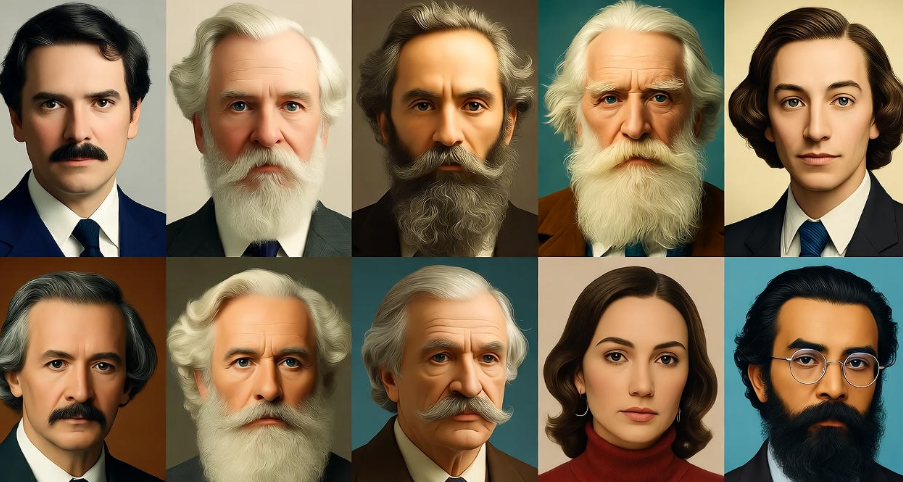
FAQs
Q1: What exactly does an anthropologist do?
An anthropologist studies humans — their cultures, behaviors, languages, and evolution. They try to understand how societies function and how people interact with their environment.
Q2: Why is anthropology important today?
Anthropology helps us appreciate cultural diversity, fight stereotypes, and find solutions to global issues like inequality and environmental change.
Q3: Can anthropology help in modern careers?
Yes! Anthropologists work in education, public policy, business, healthcare, and even technology, using their knowledge of human behavior to design better systems and products.
Q4: Who is known as the father of modern anthropology?
Franz Boas is widely recognized as the father of modern anthropology for his pioneering work on cultural relativism and scientific field methods.
Q5: Are there famous women anthropologists?
Absolutely! Margaret Mead, Jane Goodall, Mary Leakey, and Ruth Benedict are some of the most respected figures in the field — each changed history in her own way.
Final Thoughts
Anthropology isn’t about the past—it’s about us. Every time we try to understand someone else’s point of view, appreciate another culture, or ask why people behave differently, we’re practicing a little bit of anthropology.
These ten great anthropologists didn’t just study people — they helped humanity see itself more clearly 🌏✨. Their curiosity, compassion, and courage remind us that learning about others is the best way to grow as humans.
